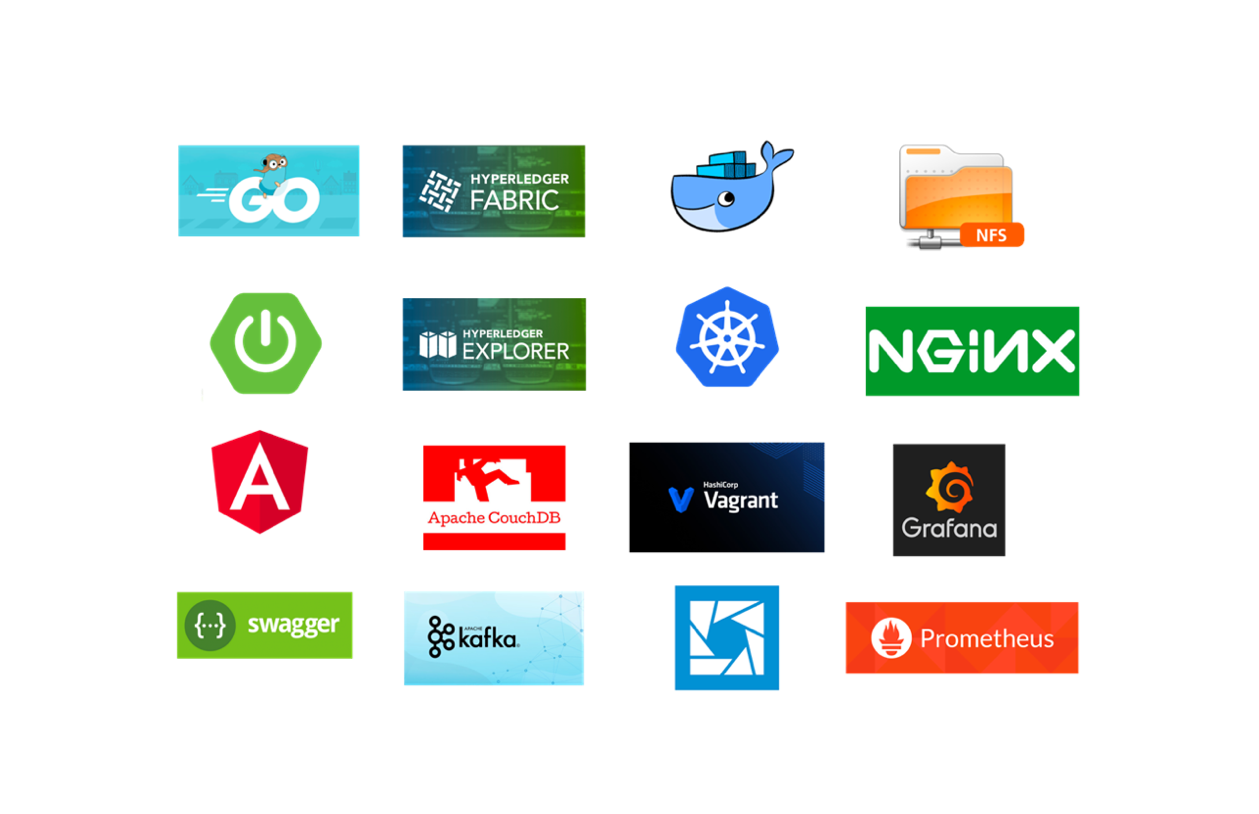ORDERER_GENERAL_GENESISFILE: path to genesis file path
ORDERER_GENERAL_LOCALMSPID: ID to load the MSP definition
ORDERER_GENERAL_LOCALMSPDIR: MSPDir is the filesystem path which contains the MSP configuration
ORDERER_GENERAL_TLS_ENABLED: enable TLS with client authentication.
ORDERER_GENERAL_TLS_PRIVATEKEY: fully qualified path of the file that contains the server private key
ORDERER_GENERAL_TLS_CERTIFICATE: fully qualified path of the file that contains the server certificate
ORDERER_GENERAL_TLS_ROOTCAS : fully qualified path of the file that contains the certificate chain of the CA that issued TLS server certificate
ORDERER_GENERAL_GENESISMETHOD: file is used when you want provide the genesis block as file to the container
ORDERER_GENERAL_TLS_CLIENTROOTCAS: fully qualified path of the file that contains the certificate chain of the CA that issued TLS server certificate
CONFIGTX_ORDERER_ORDERERTYPE: The orderer implementation to start.Available types are solo,kafka and etcdraft.
ORDERER_KAFKA_RETRY_SHORTINTERVAL: The order node may fail to connect kafka_ kafka_ RETRY_ Shortentreval is the interval between retries.
ORDERER_KAFKA_RETRY_SHORTTOTAL: Total number of retries.
CONFIGTX_ORDERER_KAFKA_BROKERS:Instructs Orderer how to get in touch with Kafka.
ORDERER_GENERAL_LISTENPORT: This value is the port that the orderer listens to.
ORDERER_KAFKA_RETRY_SHORTINTERVAL:orderer node may fail to connect to kafka, This value is the retry interval.
broker-0.broker: kafka service name
9092:kafka service port
orderer metrics will be dump on the below port.
























